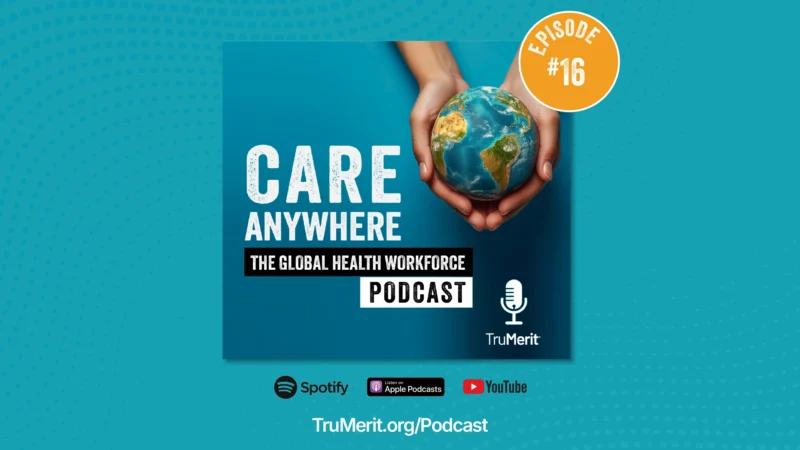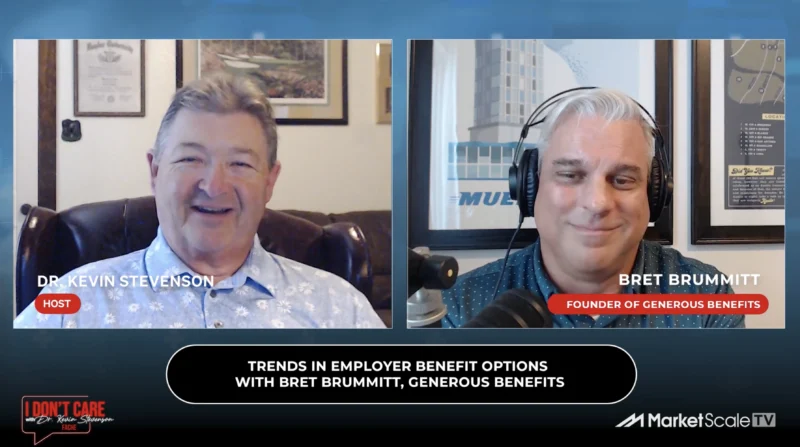Building the Healthcare Workforce of Tomorrow with Hybrid Training Models
Health systems across the U.S. are staring down a stubborn talent gap—one that COVID-era lessons, hybrid training models, and employer partnerships are beginning to reshape. In Detroit, Houston and beyond, multi-billion-dollar expansions are colliding with persistent shortages, forcing new pathways into care careers. Consider just one signal: Walmart’s PharmTech program aims to train 40,000 technicians—evidence that scale solutions are shifting from theory to practice. Meanwhile, loan-repayment and incumbent-worker funds are emerging as powerful levers to retain and advance talent.
So here’s the question practitioners and policymakers are asking: How do we build employer-aligned, hybrid training pipelines that produce day-one-ready healthcare talent—without saddling workers with unsustainable debt?
In this episode of DisruptED with host Ron J. Stefanski , guests Laurie Larrea, Workforce Executive at Texas and Jason Aubrey, CEO of Skilltrade map the next chapter of healthcare workforce development. The conversation spans what worked (and didn’t) with online learning during the pandemic, how to unlock clinical capacity for hands-on training, and why employer sponsorships and city-level coalitions are the accelerants the sector needs now.
Key takeaways from the episode:
-
From online to hybrid: Pure e-learning boosted access during COVID but fell short on clinical readiness; the winning model pairs flexible online coursework with hands-on labs in simulation centers, leased clinic space, or on-site employer “micro-campuses.”
-
Employer-aligned pipelines: Skilltrade co-designs curricula with health systems (down to EHR workflows), taps underutilized facilities after hours, and uses incumbent-worker funds and tuition support to turn entry-level roles into debt-light, degree-bearing career ladders.
-
Coalitions over silos: Workforce boards, higher-ed, employers, chambers, and mayors must meet regularly to align apprenticeships, pathways, and funding—especially as AI and automation reshape both clinical and non-clinical roles.
A veteran workforce executive based in Texas, Laurie Larrea has led regional strategies from Greater Dallas to national initiatives. Through decades of leadership with the U.S. Conference of Mayors’ Workforce Development Council, she’s brokered city–employer–education partnerships, advanced hybrid upskilling models, and championed “aspirational hiring” to widen access to high-demand healthcare roles.
Jason Aubrey is the founder and CEO of Skilltrade, building employer-aligned training for healthcare roles. Recruited at 27 to lead Med Search, he scaled the company before its sale to Stride. At Skilltrade, Aubrey’s team leases clinical space after hours, partners with universities (e.g., simulation centers and transfer credit pathways), and deploys on-site labs to upskill incumbent workers—linking credentials to immediate roles and degree attainment.




